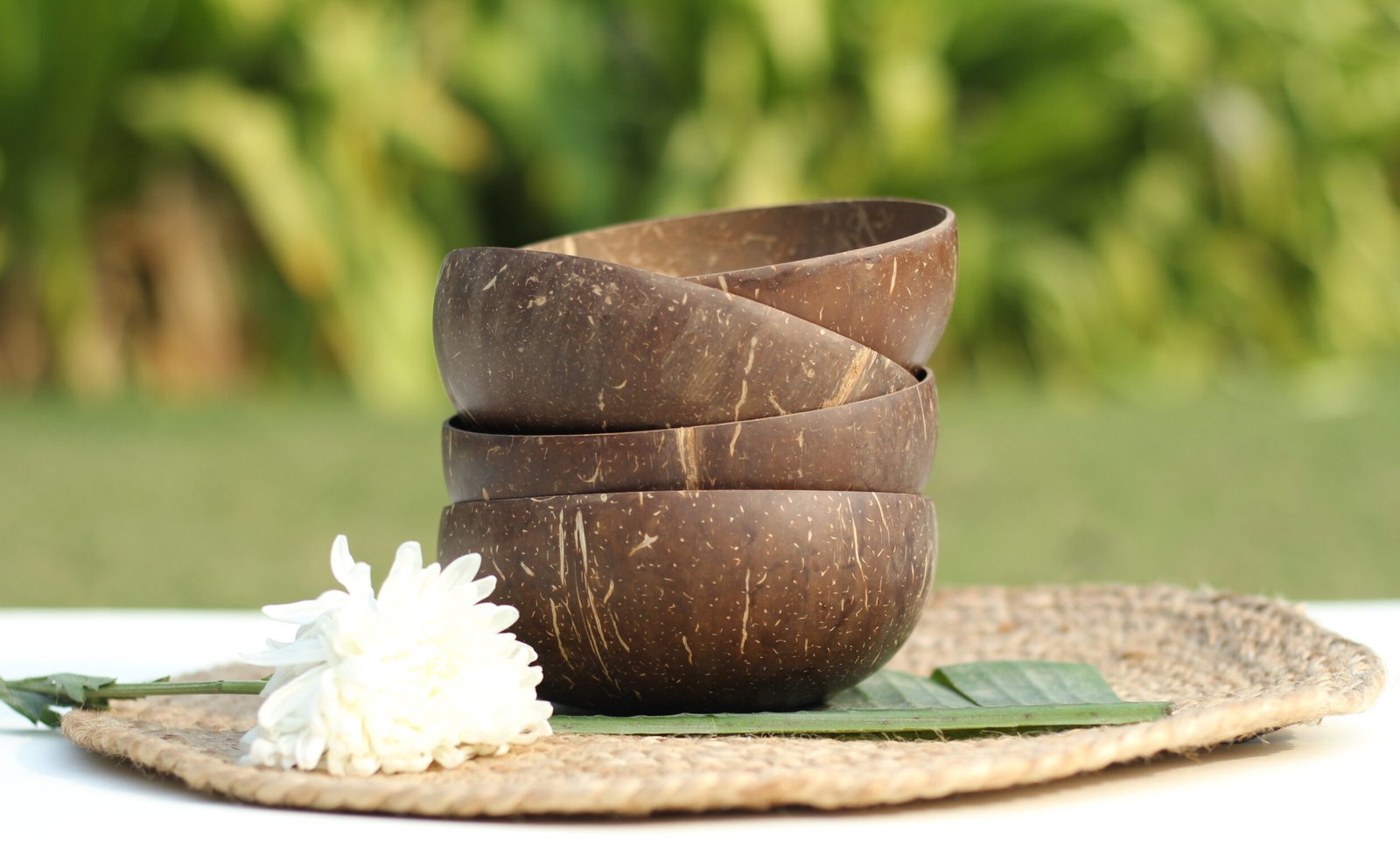Uncategorized
7 Misconceptions About Living a Sustainable Life

Do you need to be rich in order to live a sustainable lifestyle?
The answer to this is a resounding “NO.”
One of the main misconceptions about living a sustainable life is that it costs a lot of money.
Yet, many have not recognized that going green potentially reduces their expenses.
Apart from its long-term benefits, many sustainable practices tend to reduce household expenditures. Let’s read how.
- Excess reduction means avoiding expenditure
The reduction in usage of water and light can be done by turning them off when not in use. This will avoid the heavy expenditure that tends to happen.
You’re also putting on your fuel costs if you’re riding a bicycle or traveling by bus rather than using your own vehicle.
- Ecologically friendly cleaning products are inexpensive
Eco-friendly cleaning products are less expensive than the ones you find in the store. In fact, some environment-friendly items must be in your kitchen right now. Bath drains can be unblocked and kitchen sinks can be scrubbed with products like vinegar, lemon, and baking soda.
- Conserve water
Water preservation is a major aspect of sustainability. Since freshwater is a scarce resource it should be conserved. One way to do this is by taking less time under the shower because even a 10-minute shower can use up to 35 liters.
In addition appliances like washing machines that are water-efficient need to be used.
- Rechargeable batteries are economical
The use of rechargeable batteries is very healthy for the environment. Batteries that are regular or non-rechargeable emit toxic metals into the atmosphere whenever processed in the landfill.
On the other hand, buying rechargeable batteries is economical and also helps reduce battery waste.
- Pressure cookers contribute to fuel conservation.
Pressure cookers are the best way to go green. How?
Pressure cookers halve the cooking time because of the way they are built. This contributes to fuel conservation and this means that it is economical as well. Simple arithmetic. Ain’t it?
- Going paperless costs less.
Go digital. This not only saves forests but is also more cost-effective than buying paper. In addition, records kept electronically are easier to monitor than the hours and hours that are spent pouring over countless stacks of physical documents.
- Whenever possible, cook from scratch.
The more you prepare meals from scratch with simple raw ingredients that are minimally prepared the more you will save on food.
Bonus points: Less burden on our mother nature.
Sustainability starts at home, travels around the neighborhood, and spreads across the world.
So, start conserving the environment today and clear all misconceptions about living a sustainable life.


